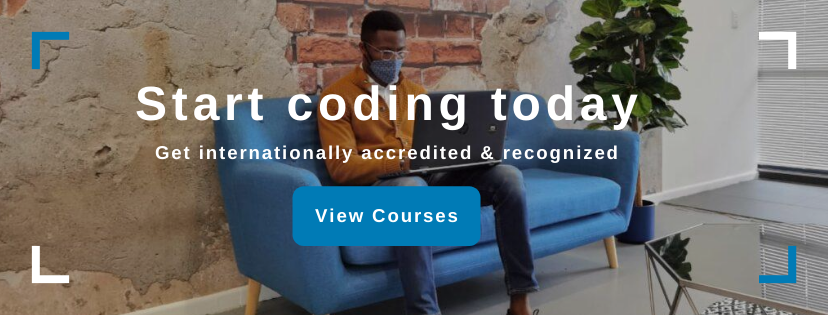What must you study to become a software developer?

What must you study to become a software developer?
August 12, 2024 Comments Off on What must you study to become a software developer?What must you study to become a software developer?
What must you study to become a software developer?
To become a software developer, you generally need a combination of formal education, practical skills, and experience. Here’s a breakdown of what you should consider studying:
1. Formal Education
a. Degree Programs:
- Bachelor’s Degree in Computer Science: This program provides a solid foundation in programming, algorithms, data structures, and software engineering principles.
- Bachelor’s Degree in Software Engineering: More specialized, focusing on software development processes, including methodologies, project management, and testing.
- Bachelor’s Degree in Information Technology: Offers a broader perspective, incorporating software development along with networking, databases, and systems administration.
b. Alternative Education Paths:
- Coding Bootcamps: Intensive programs (typically lasting 1 to 3 months) that teach programming languages and software development skills. Examples include School of IT and Le Wagon.
- Online Courses: Platforms like School of IT, edX, or Udacity offer courses in specific programming languages, web development, and software engineering concepts.
2. Key Subjects to Study
- Programming Languages:
- Start with languages like Python (for general-purpose programming), Java (widely used in enterprise applications), JavaScript (essential for web development), and C# or C++ (for systems programming and application development).
- Data Structures and Algorithms: Understanding how to efficiently store and manipulate data is crucial for writing effective code.
- Software Development Methodologies:
- Familiarize yourself with Agile, Scrum, and DevOps practices, which are prevalent in the software development industry.
- Web Development:
- Learn about front-end technologies (HTML, CSS, JavaScript frameworks like React or Angular) and back-end technologies (Node.js, Django, Ruby on Rails).
- Database Management:
- Study SQL and NoSQL databases (like MySQL, PostgreSQL, and MongoDB) to understand how to store and retrieve data.
- Version Control Systems: Learn to use Git for version control, which is essential for collaboration in software development.
3. Practical Experience
- Personal Projects: Build your own applications or contribute to open-source projects. This not only helps you apply what you’ve learned but also strengthens your portfolio.
- Internships: Seek internships or part-time roles during your studies to gain real-world experience and understand workplace dynamics.
4. Soft Skills
- Problem-Solving: Develop strong analytical thinking and problem-solving skills, as software development often involves debugging and optimizing code.
- Communication: Work on your ability to communicate ideas clearly, both verbally and in writing, as collaboration with teams and stakeholders is key.
5. Continuous Learning
- Stay Updated: The tech field evolves rapidly, so continually learn new languages, frameworks, and tools through online resources, conferences, and workshops.
Conclusion
While a degree can be beneficial, many successful developers are self-taught or have taken alternative educational paths. The most important aspect is to gain practical experience and build a strong portfolio showcasing your projects. Networking with other developers through meetups or online forums can also provide valuable insights and opportunities in the field.
Overall if you solving problems, and need to actually understand coding, then a career in IT is for you! Thus with School of IT, you can become a internationally recognized and accredited after completing a Software Development Courses in under 3 months!


